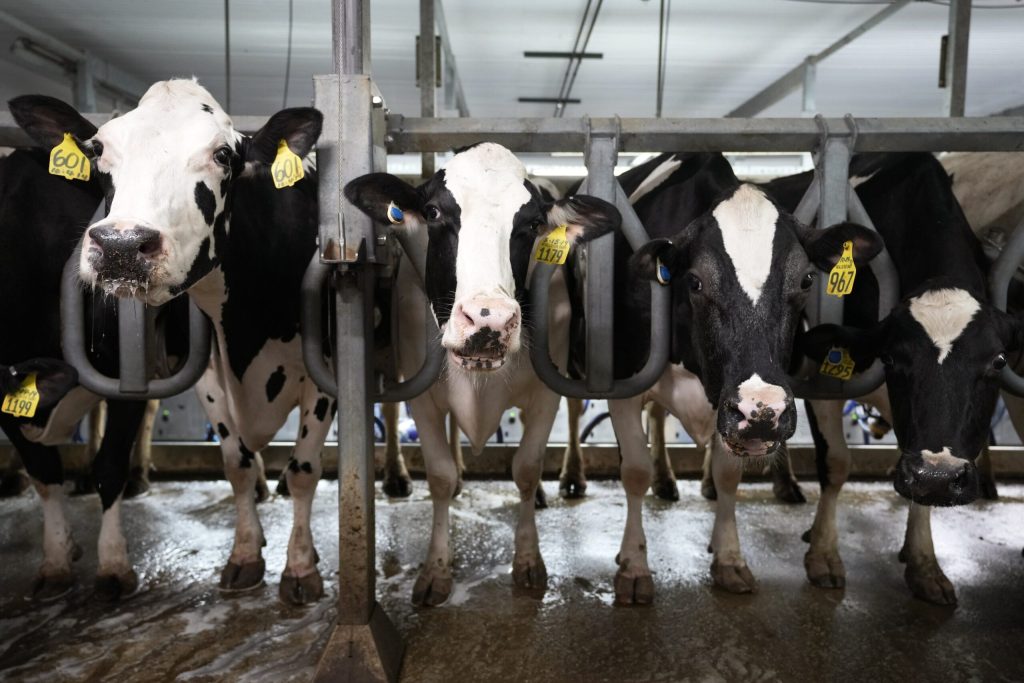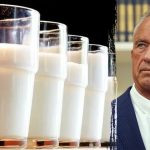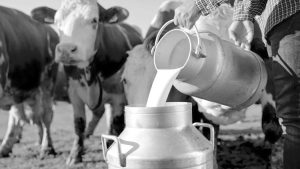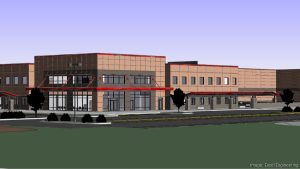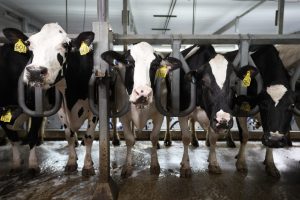
A growing number of towns are adopting new rules for large livestock operations, sparking a conflict between environmental protection and the agribusiness sector.
A new trend is emerging in western Wisconsin that could have significant implications for the dairy industry. The article reports that towns are increasingly exploring new regulations for large livestock farms, known as concentrated animal feeding operations (CAFOs). The town of Isabelle in Pierce County has become the latest example, proposing an ordinance that would require these farms to obtain a permit and address public concerns related to manure, air pollution, and road damage.
The drive for these new rules is rooted in a focus on public health and environmental protection. According to the article, supporters of the ordinance argue that it is a necessary step to protect groundwater, which many residents rely on for drinking. This is a key piece of data journalism, as a 2024 report found that a staggering 90% of nitrate contamination in Pierce County wells is tied directly to agriculture. This data underscores the critical need to manage farm operations to protect local water supplies.
However, the proposed ordinances are facing strong opposition from major agricultural groups. The article notes that organizations like the Dairy Business Association and the Wisconsin Farm Bureau Federation argue that these local rules are overly burdensome and create a “patchwork of regulations” on top of existing state standards. They believe the requirements are so stringent that they could push many family farms out of business, despite Wisconsin already having some of the strictest environmental standards in the country.
The situation in Isabelle is not an isolated incident. Other towns in the region, including Rock Elm and Gilman, are also exploring similar ordinances. This suggests a broader, grassroots movement to address the environmental impact of agribusiness at the local level. The article also mentions that these local regulations have already led to legal challenges, signaling that this is a conflict that will likely be decided in the courts, with significant consequences for the entire food supply chain.
Ultimately, the debate in Western Wisconsin is a microcosm of a larger national conversation about dairy economics and the balance between agricultural growth and environmental stewardship. It highlights the tension between local concerns for public health and the industry’s need for consistent, predictable regulations. The outcome of this debate will not only shape the future of agribusiness in the region but also serve as a crucial case study for the international dairy community grappling with similar issues.
Source: Wisconsin Public Radio, “Western Wisconsin town has new rules for large livestock farms”
You can now read the most important #news on #eDairyNews #Whatsapp channels!!!
🇺🇸 eDairy News INGLÊS: https://whatsapp.com/channel/0029VaKsjzGDTkJyIN6hcP1K
